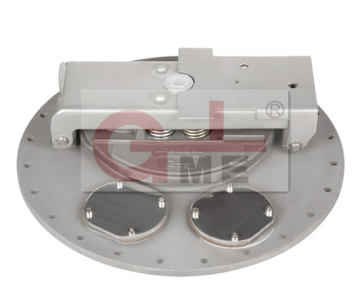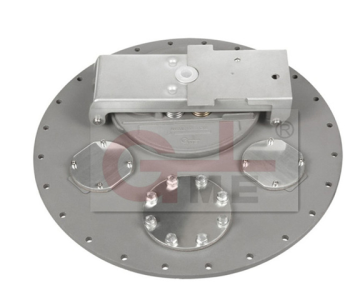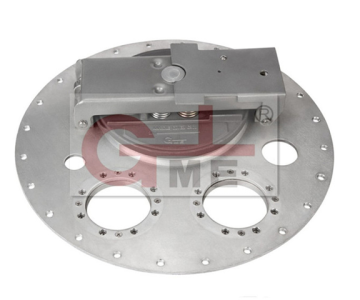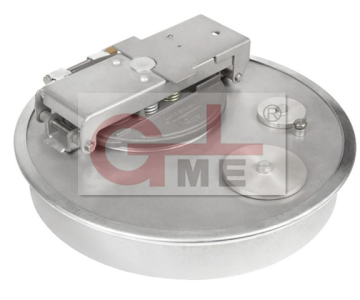In 1930, Underwriters Laboratories (UL) published UL 842, which became the standard for fuel-dispensing nozzles. Now, 85 years later, UL 842 has been replaced by tougher contemporary guidelines: UL 2586, 2586A and 2586B. These new standards promise to improve fuel-nozzle durability and safety, but the changes have left many fuel retailers with questions. Simply put, UL 842 is out of date for today’s fuel blends. Twenty years ago, transportation fuel contained little to no renewable biofuels (e.g., ethanol or biodiesel). Federal programs such as the Renewable Fuel Standard (RFS) now require fuel stations to sell transportation fuels that contain a minimum volume of renewable biofuels. Since the introduction of the RFS in 2005, the amount of renewable biofuel used has increased and will only continue to do so.
Fuels containing biofuels, such as gasoline with ethanol, have been proven to degrade the construction, material and performance of some nozzles. UL 2586, 2586A and 2586B ensure the safety of consumers and proper function of fuel nozzles.
To be approved under UL 2586, hose-nozzle valves manufactured after April 30, 2015, must pass new tests and include proper markings. Specifically, under the previous standard, any automatic-shut-off nozzle that passed a 100,000-cycle endurance test at 30 pounds per square inch (psi) qualified as compliant. UL 2586 now requires each nozzle to pass 100,000 cycles at its maximum rated pressure of 50 psi. Testing at the maximum rated pressure should ensure each nozzle performs to the highest standard time after time.
Prior to UL 2586, it was not mandatory for internal components of fuel nozzles to be tested outside of the nozzle. Referred to as “exceptions testing,” manufacturers could bypass testing of internal components by simply submitting a nozzle and hoping it received UL approval. If the nozzle passed, all of its components passed as well.
Today, UL 2586 prohibits exceptions testing and requires components be UL 157-approved before they can be used inside nozzles seeking UL 2586 approval. By controlling the components used within nozzles, UL aims to eliminate inferior gaskets and seals that fail because of the high alcohol content of ethanol blends.
In addition to passing specific tests, each UL 2586-approved nozzle must be marked for the appropriate fuel-type usage. Installers of the new nozzles will be able to quickly and easily identify the appropriate fuel type and origin of each nozzle, helping to keep users safe from the installation of incorrect or incompatible hanging hardware.



















